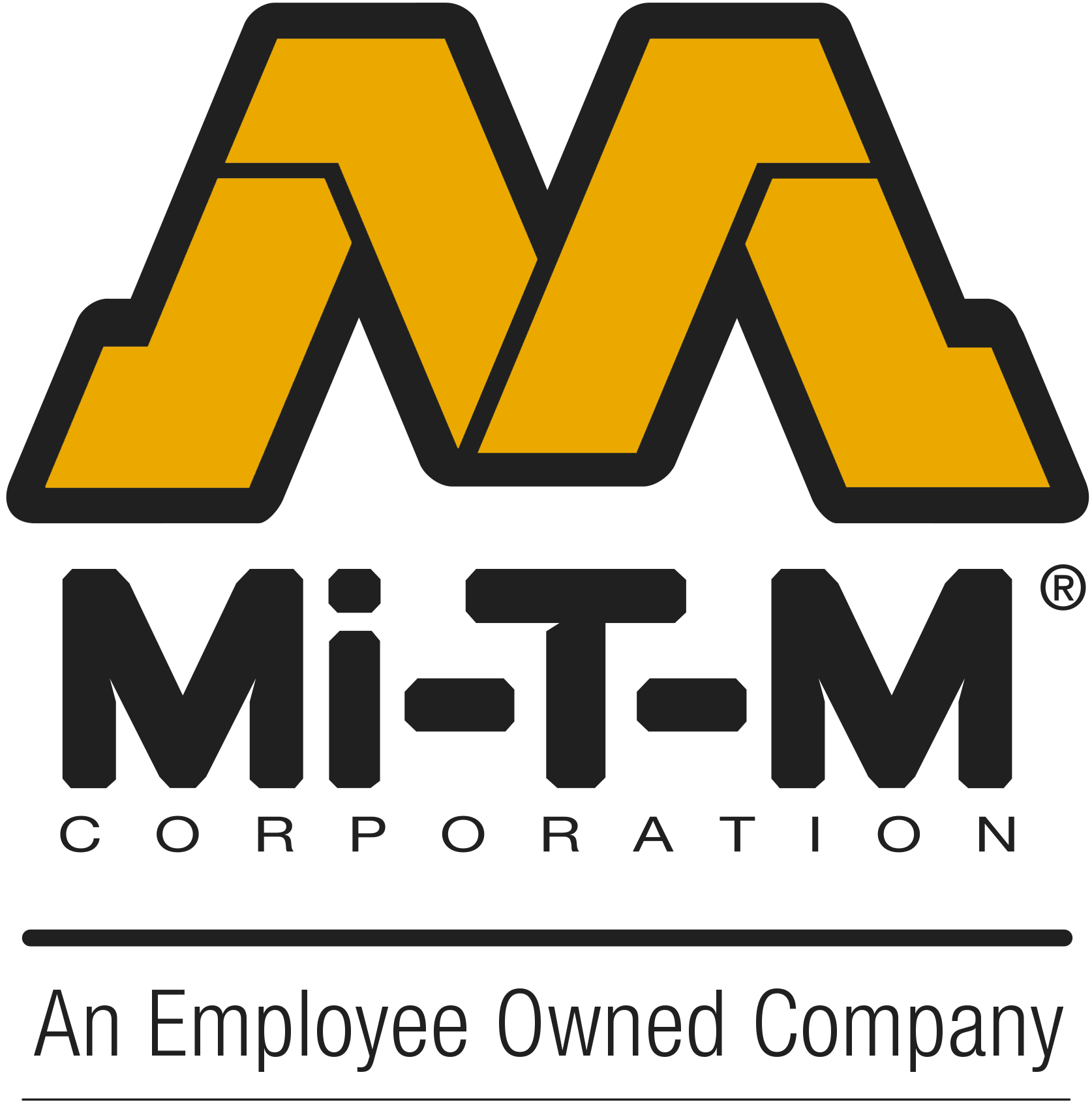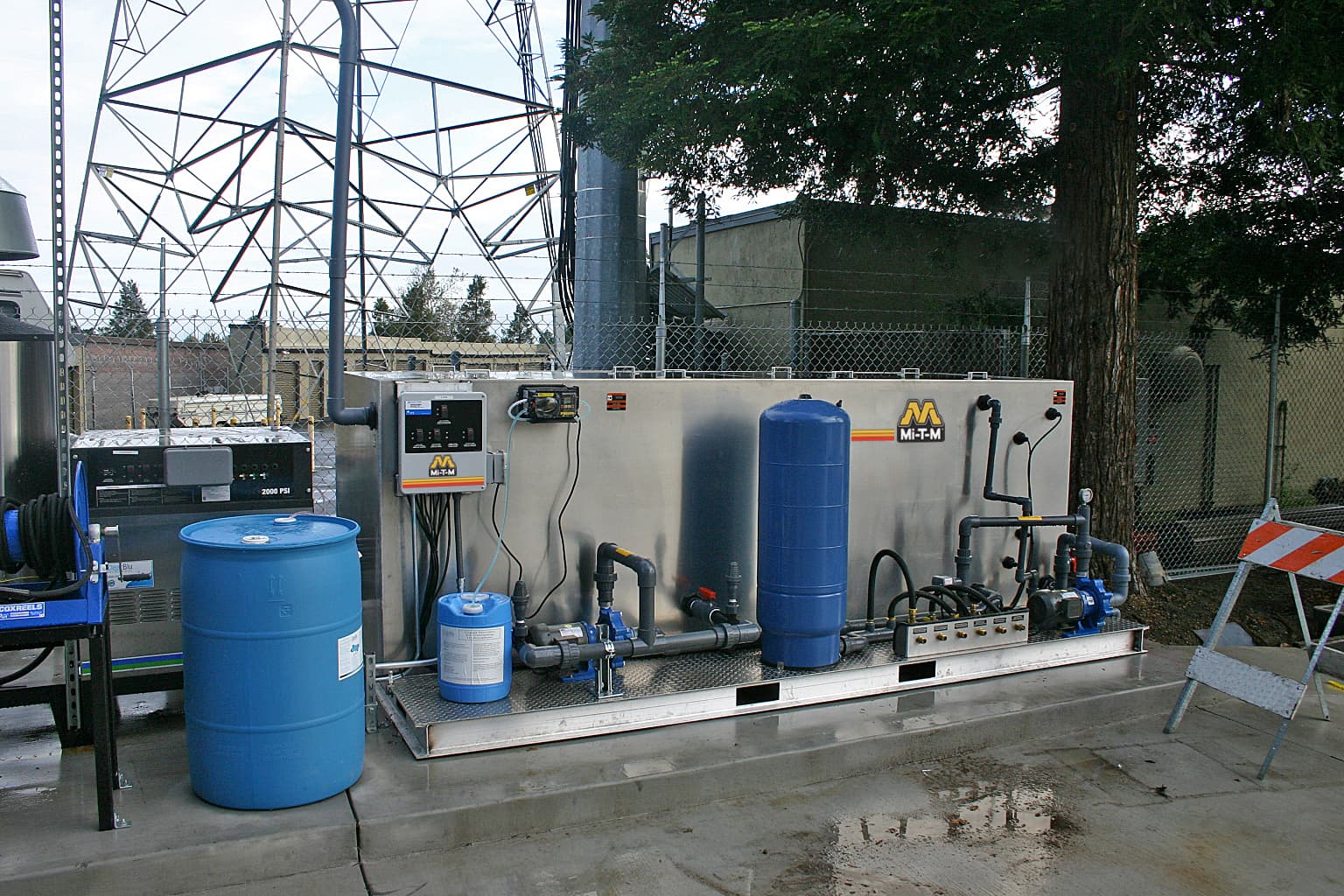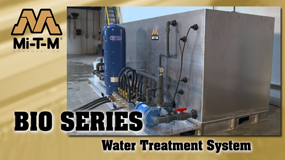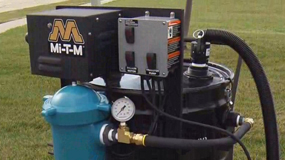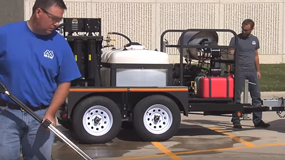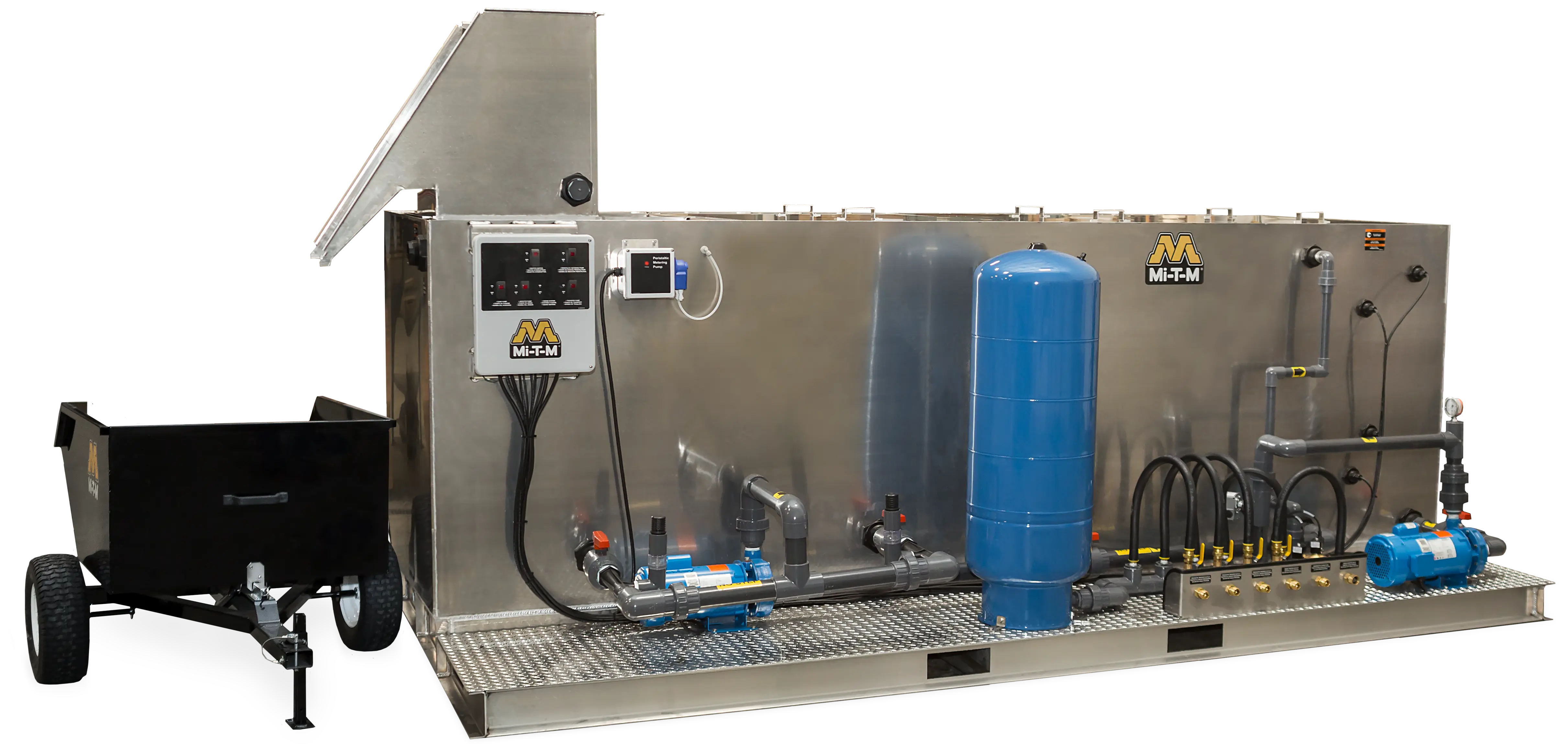
Bio Systems
Mi-T-M's popular BIO Series System utilizes fixed-film bacteria in conjunction with coalescing media and oxygen to treat wastewater. Diesel repair facilities, equipment washing operations, municipalities and the golf industry all rely on Mi-T-M BIO Systems to effectively clean their soiled water. We help customers with water conservation and recycling by providing an efficient and reliable system that can save thousands of gallons of water every year.
View Bio Systems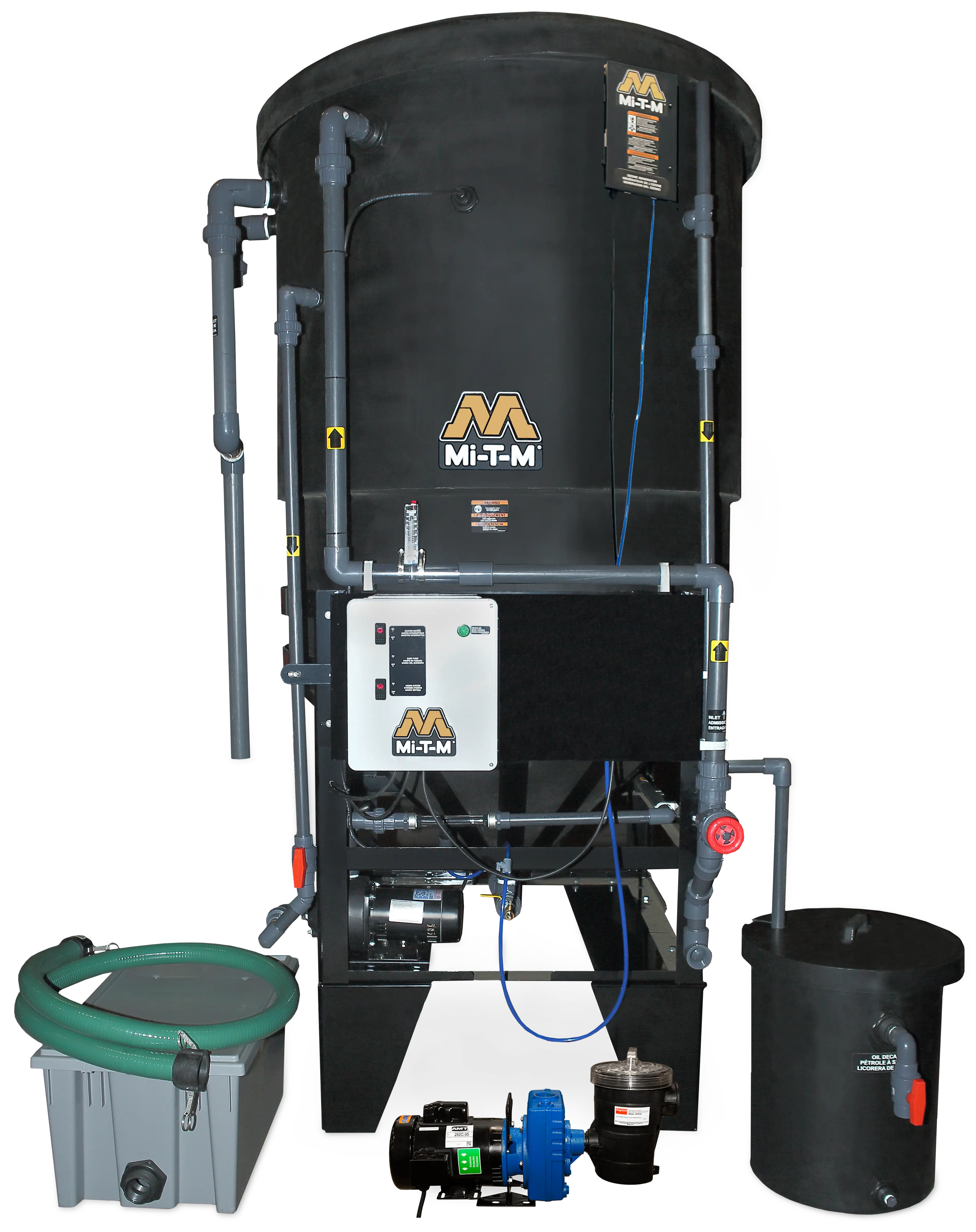
Oil/Water Separators
Mi-T-M has designed mechanical oil/water separator systems to help businesses like engine manufacturers, military bases and anyone who needs to meet sanitary discharge requirements remove free oils from wastewater. The oil/water/solids separators reduce the amount of suspended solids while removing hydrocarbons so wastewater can be properly disposed of.
View Oil/Water Separators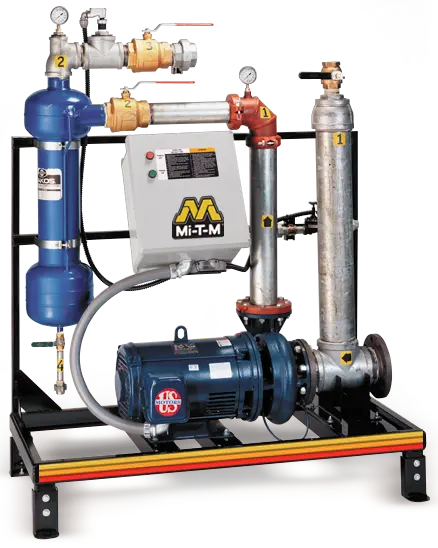
Wash Bay Equipment
Industrial wash bay treatment systems are universal as they provide treatment solutions for customers such as heavy equipment dealers, garbage removal companies, agricultural businesses, rental yards, municipalities and golf courses. This equipment reduces waste by filtering out harmful media and creates a 'greener' operation, helping businesses comply with environmental regulations.
View Wash Bay EquipmentWater Treatment Systems FAQs
We know water treatment systems. Find the answers you're looking for right here.
How do I pick a system that best suits my application?
You can start sizing the system by asking these questions:
- How much water do you need to treat in 24 hrs?
- Do you discharge to sewer or will you recycle the water?
- What will you remove from the wastewater?
Mi‑T‑M offers several water treatment systems to meet your needs.
- Biological (BIO) Treatment Series can be used either as a discharge or closed loop system. Microbes consume constituents in the wastewater turning them into carbon dioxide and water.
- Mechanical Filtration (WLP & WCP) Series uses sand filtration to remove particulates down to 25 microns. A cartridge filter may be added to filter to 30 microns.
- Water/Oil Separator (WOS & WCL) Series uses oil attracting (oleophilic) media that separates the oil and floats it to the surface where an oil skimmer sends the oil to a decanter for easy removal.
- Electro-Coagulation Flocculation (ECF) uses aluminum rods along with electricity. The electricity passes between the rods and contaminates in the water are charged and coagulate with the free metal ions from a sacrificial anode, thus neutralizing the contaminates in the waste stream. This system is used in applications where metal removal is needed.
What do I need to do to comply with EPA standards?
If you have access to a sanitary sewer you have the option of using a discharge system. Our system is meant to remove constituents down to a reading that should be acceptable to local parameters. (Parameter settings are not the same everywhere. Check with your local municipality)
If you don't have access to a sanitary sewer, you will then need a closed loop system that removes constituents so the water is recycled for pressure washing.
What is the maintenance involved in a water treatment system?
It all depends on the system. Water oil separators require the least amount of maintenance as only one pump is involved, whereas mechanical filtration requires more (additional pumps, media filters, slide valves, pH/orp meters, and timers). Biological treatment is also a low maintenance system. Standard pump maintenance and coalescing media cleaning, which is necessary in all systems, is all that is required.
The ECF system does not require a great deal of maintenance either. The anodes are a replaceable part and pump servicing is the extent of the maintenance.
I have an odor problem in my wash bay, how do I solve it?
Odor can be handled a few different ways.
- Ozone is an efficient way of handling odor. It is a quick kill of live bacteria. We introduce ozone on our Biological Series through a pump via a Mazzei injector into the product tank. (Note: ozone is harmful to microbes so it needs to be introduced where they are not present, such as a product tank).
- BPS-120M (Biological Pit System) is another method for treating odor problems. Generally used in an existing pit, two linear air pumps provide aeration to the pit where microbes can be injected. A germicide can also be injected into the pit by two peristaltic pumps.
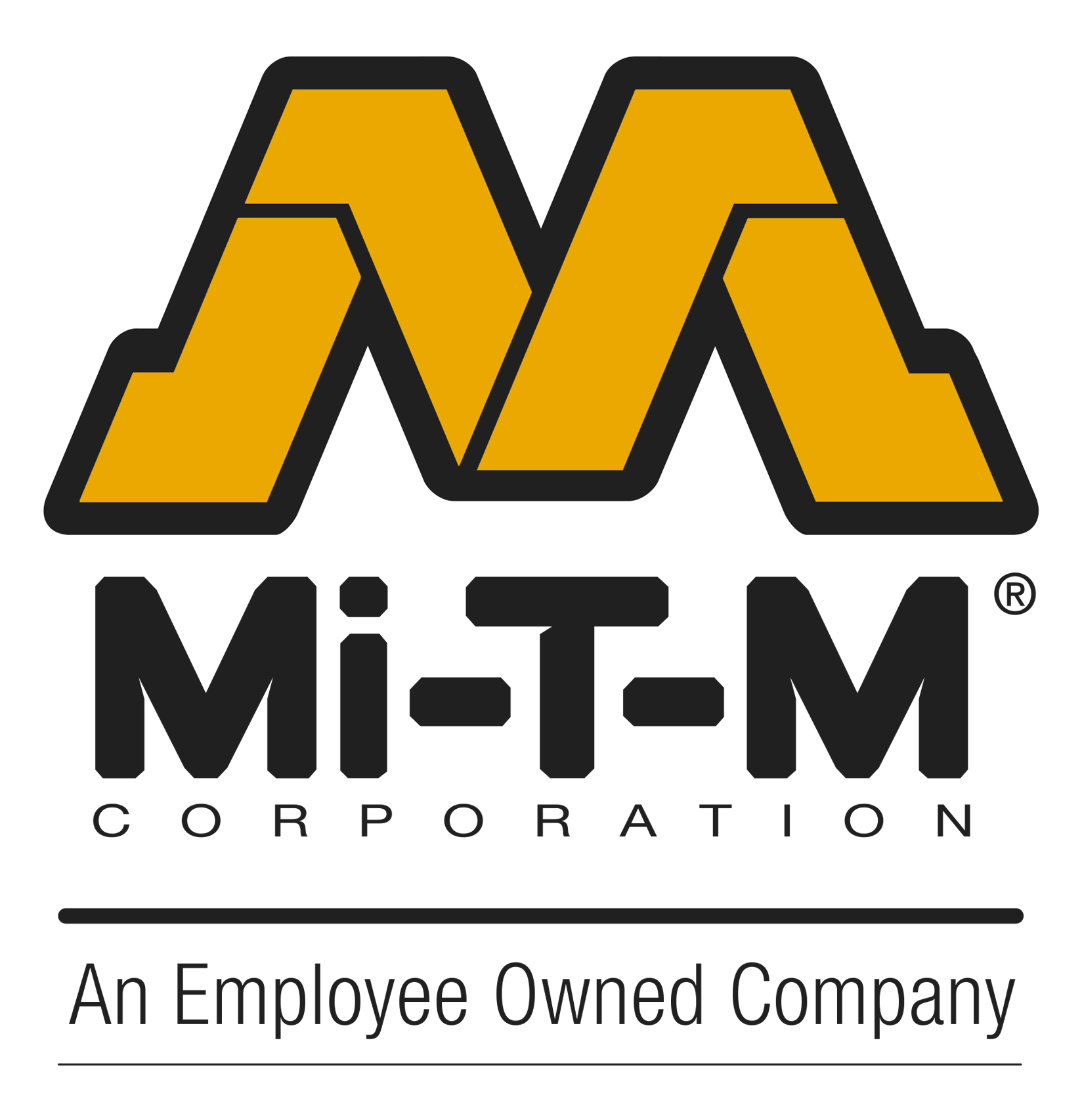



 Latest Equipment
Latest Equipment
 Accessories
Accessories
 Pressure Washers
Pressure Washers
 Air Compressors
Air Compressors
 Generators
Generators
 Air Compressor Generators
Air Compressor Generators
 Air Compressor / Generator / Welders
Air Compressor / Generator / Welders
 Portable Heaters
Portable Heaters
 Water Treatment Systems
Water Treatment Systems
 Trailers
Trailers
 Water Pumps
Water Pumps
 Wet / Dry Vacuums
Wet / Dry Vacuums
 All Residential Products
All Residential Products
 All Commercial Products
All Commercial Products
 Pressure Washers
Pressure Washers
 Generators
Generators
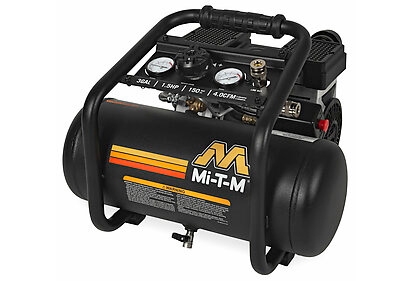 Air Compressors
Air Compressors
 Custom Fire Pits
Custom Fire Pits
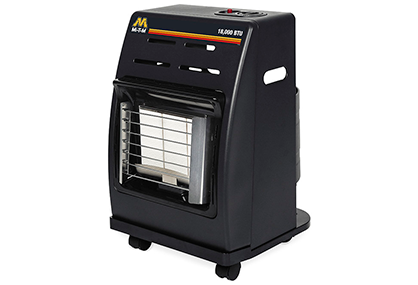 Portable Heaters
Portable Heaters
